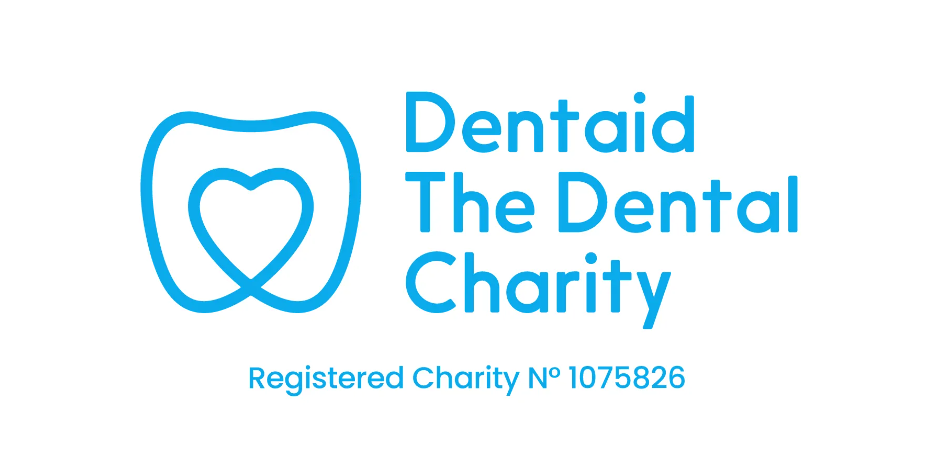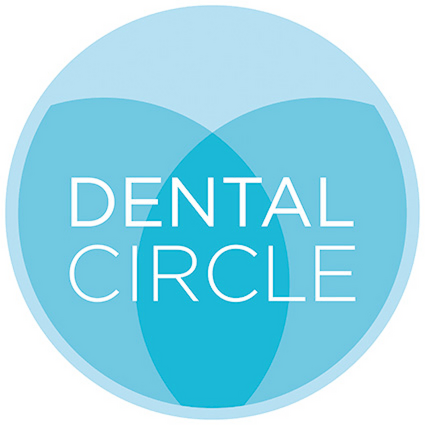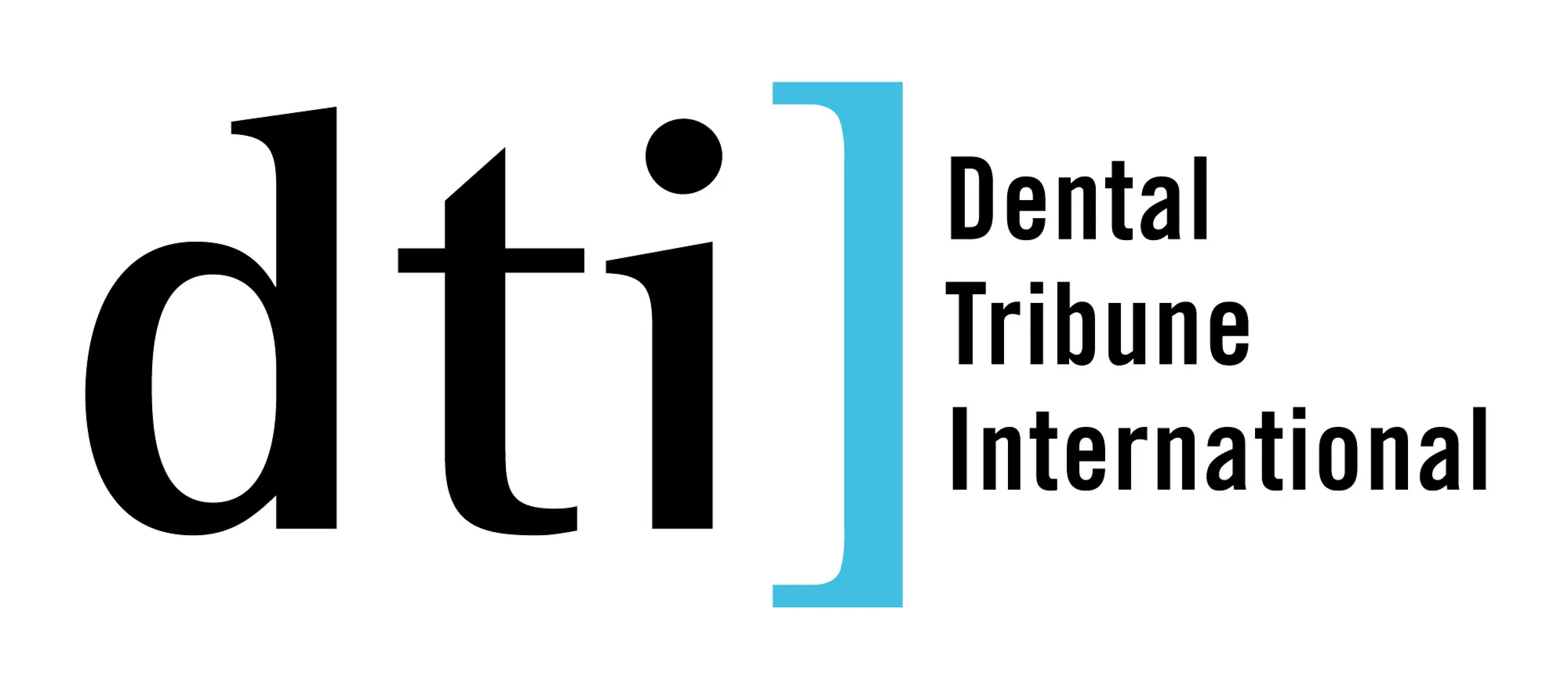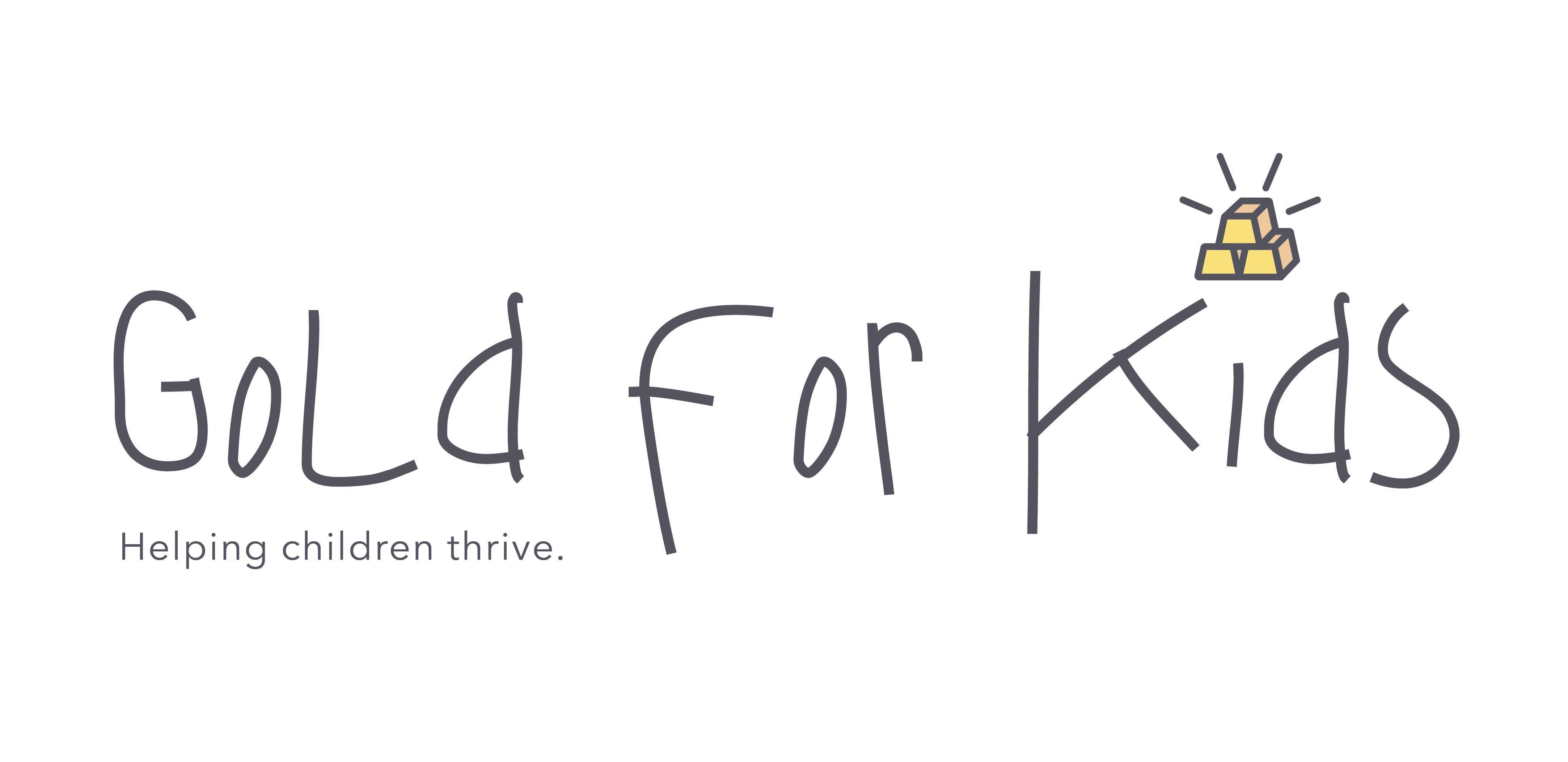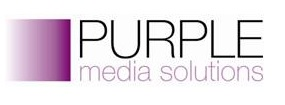Approaching oral health in uncertain times
)
Approaching oral health in uncertain times
The coronavirus pandemic has understandably impacted the world in many unforeseen ways. Due to the novel nature of the virus and the fast transmission rate, the whole world has had to stop and reconsider certain aspects of travelling, society, business and finance. The list is literally endless and it’s likely that the repercussions resulting from the pandemic will continue for many years.
However, as dental professionals it’s important to look directly at the effect the pandemic has had on the UK’s oral health, and see what we can do to help get people back on the right track.
The damage done during lockdown
Perhaps one of the most significant side effects of the UK lockdown has been a lack of access to dentists, dental hygienists and dental therapists for patients across the country. Strict lockdown rules, removal of all but emergency dental appointments and other barriers have meant that the majority of the population have been without dental care for many months.
Although this may not be detrimental for some patients, it’s easy to forget how much damage can be done to oral health in a short period of time for others. Those individuals that have taken up bad habits and aren’t following home cleaning routines to perfection will be most affected. Perhaps one of the most worrying trends to emerge from the lockdown period was the increase in snack culture. There have been many articles highlighting the issue, with some figures stating that nearly two thirds of people were snacking far more regularly when working from home, whilst this number increased to 70% for younger children.[i] As we well know, snacking is a problem primarily because these foods are unlikely to be the healthiest choices. Snack foods are often high in sugar, and if they are consumed between meals this does not give the enamel chance to recover, meaning that more people could be experiencing unpleasant side effects such as higher rates of decay or acid erosion.
We also need to take into account the effect of higher rates of alcohol consumption and what this means for oral health. When lockdown was first announced there was a 67% spike in purchases for alcoholic beverages, with many people stocking up in fear that they may not be able to buy alcohol during this time.[ii] What’s particularly concerning about this is that we know alcohol has a negative impact on oral health. Aside from high sugar content and encouraging dry mouth, there’s evidence to suggest that alcohol damages the delicate balance of bacteria in the oral cavity, giving more opportunity for bacteria to cause tooth decay and other unpleasant side effects.[iii]
Of course, both of these habit changes may have deeper roots than simply having better access to the products. Mental health during the pandemic has also taken a significant hit for a lot of people, and the excess drinking and snacking may be consequences of this. According to an ongoing study performed by the Mental Health Foundation, millions of Brits are still suffering from anxiety and other mental health issues as a direct result of the pandemic.[iv] Though the side effects of mental health extend far beyond oral health problems, they are still significant for some people.
Refocusing and moving forwards
Dental health professionals are now in somewhat uncharted territory. The demand for treatment and advice is high, but there have been restrictions in place regarding the type of care dental hygienists and dental therapists can provide.
To support patients’ oral hygiene between appointments, we should take this opportunity for education. As well as reminding patients about home oral health routines and the best way to achieve good results during these, there’s also a window to expand understanding and teach patients more about the roles of dental hygienists and dental therapists and how we can help.
It’s important to communicate to patients that they may not be able to receive certain treatments for a little while longer yet. In light of this it’s important to keep communication strong so that patients know what to expect, not only in the appointment itself, but also beyond. With communication technology booming during the pandemic it makes sense to integrate this into the more educational aspects of your role – have a zoom call with patients, follow up to keep them updated. This way you can help them navigate any oral health challenges that may have come across during these challenging times and help them to refocus on their oral health to stay as healthy as possible.
Work to be done
In the end, the pandemic is still an unpredictable situation and one that may throw new challenges at dental professionals moving forwards. By focusing on helping patients get the most out of their oral health routines and exploring ways to offer more education-based care, you can help ensure they keep oral health as a number one priority.
For more information about the BSDHT, please visit www.bsdht.org.uk
call 01788 575050 or email enquiries@bsdht.org.uk
[i] Dental Health. Lockdown Leading To Increase In Snacking Culture. Link: https://www.dentalhealth.org/news/lockdown-leading-to-increased-snacking-culture-claims-charity [Last accessed July 20].
[ii] Sky News. Coronavirus: Effects of Increased Alcohol Use in Lockdown Could last A Generation, Experts Warn. Link: https://news.sky.com/story/coronavirus-effects-of-increased-alcohol-use-in-lockdown-could-last-a-generation-experts-warn-11991515 [Last accessed July 20].
[iii] Everyday Health. Drinking Alcohol Increases Disease-Causing Bacteria. Link: https://www.everydayhealth.com/dental-health/drinking-alcohol-increases-disease-causing-mouth-bacteria/ [Last accessed July 20].
[iv] Mental Health Foundation. Coronavirus: Mental Health in the Pandemic. Link: https://www.mentalhealth.org.uk/our-work/research/coronavirus-mental-health-pandemic [Last accessed July 20].

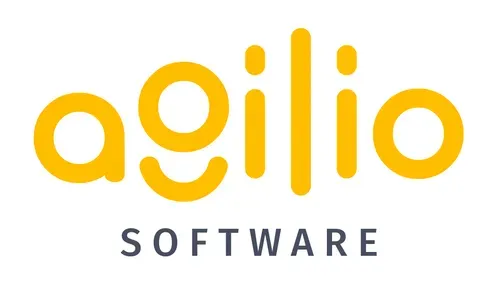
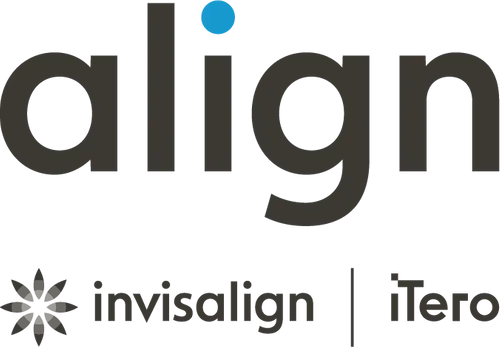





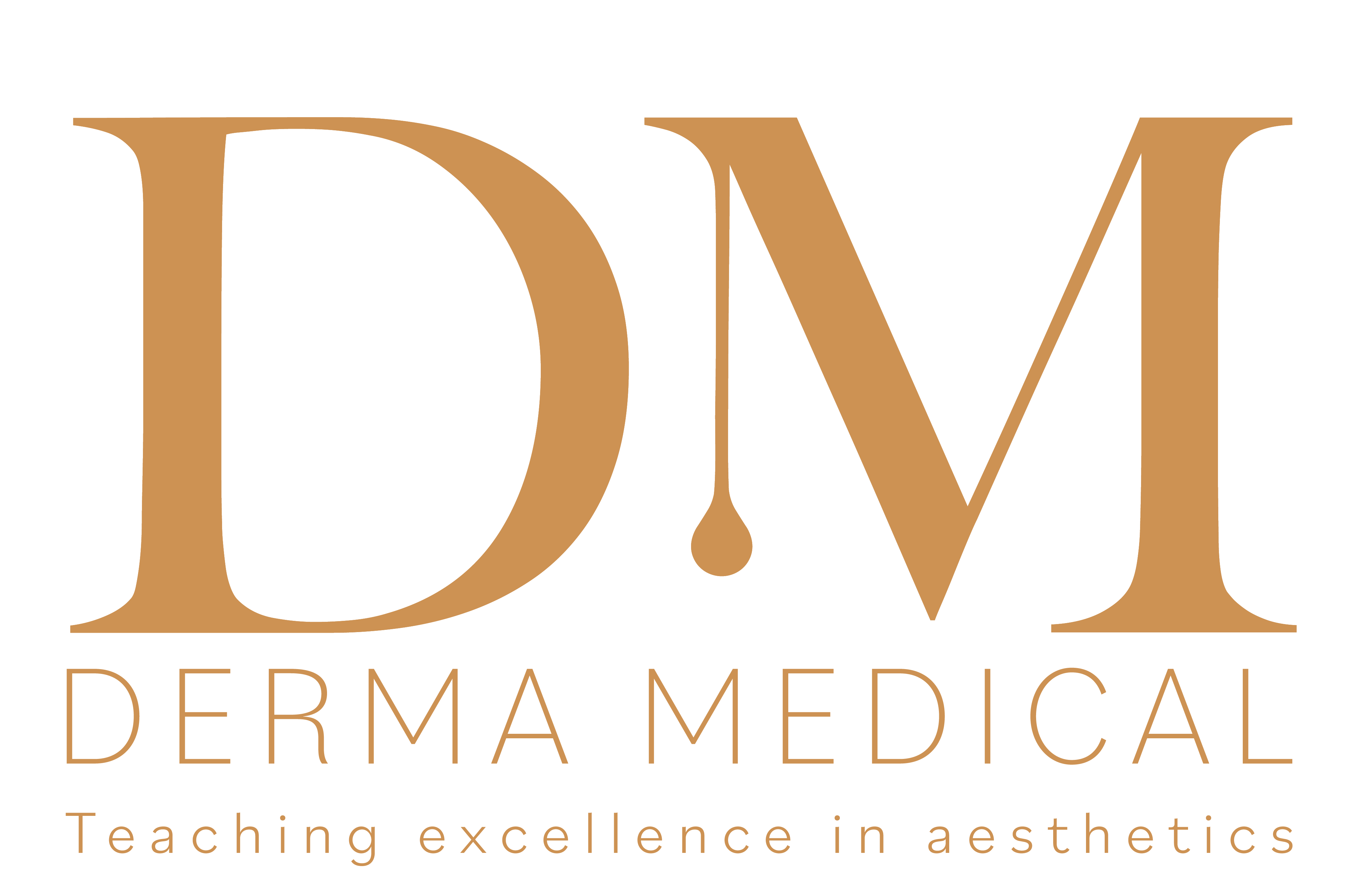







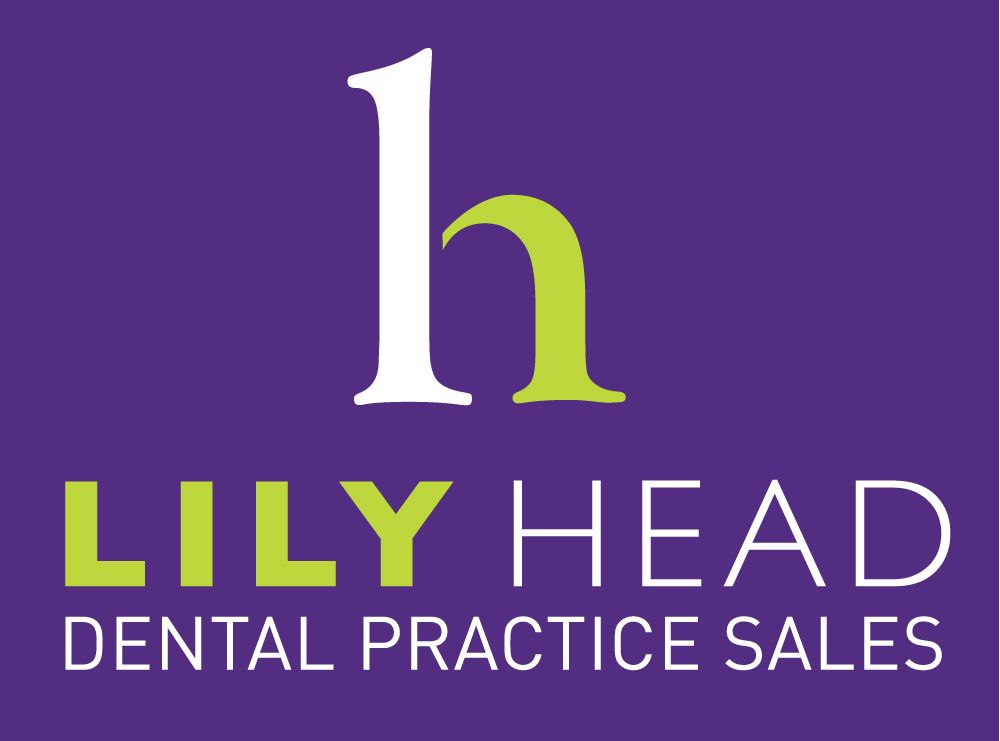











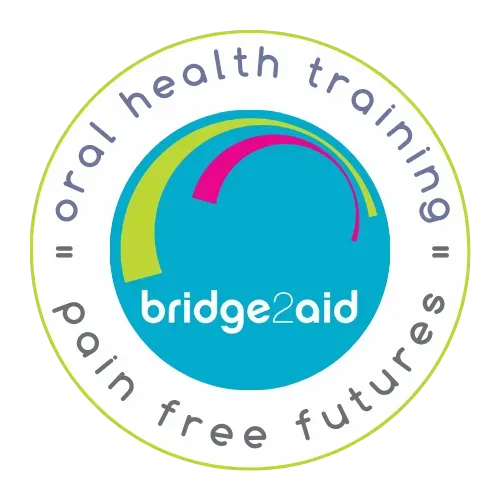
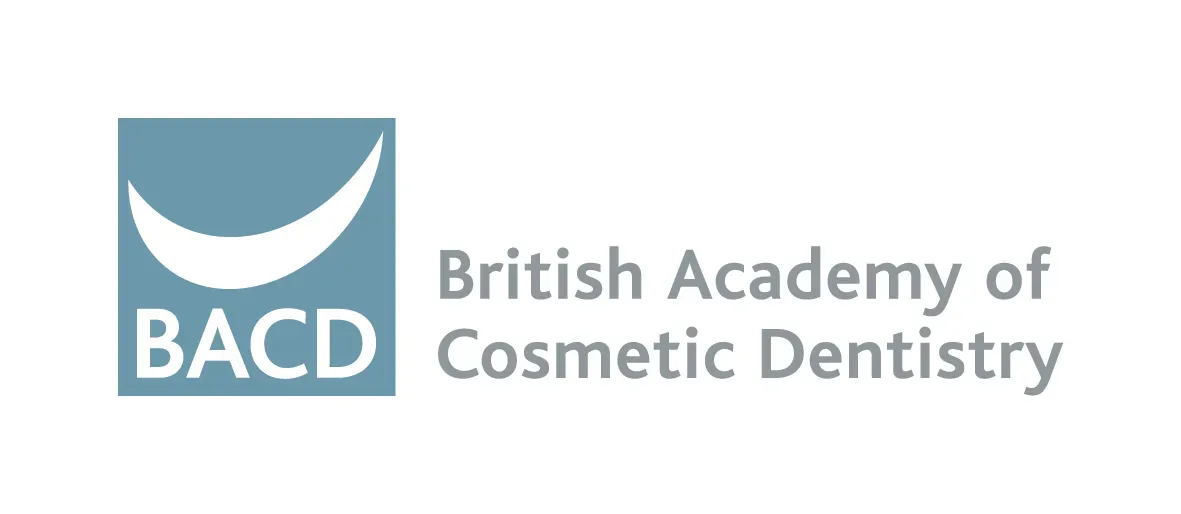
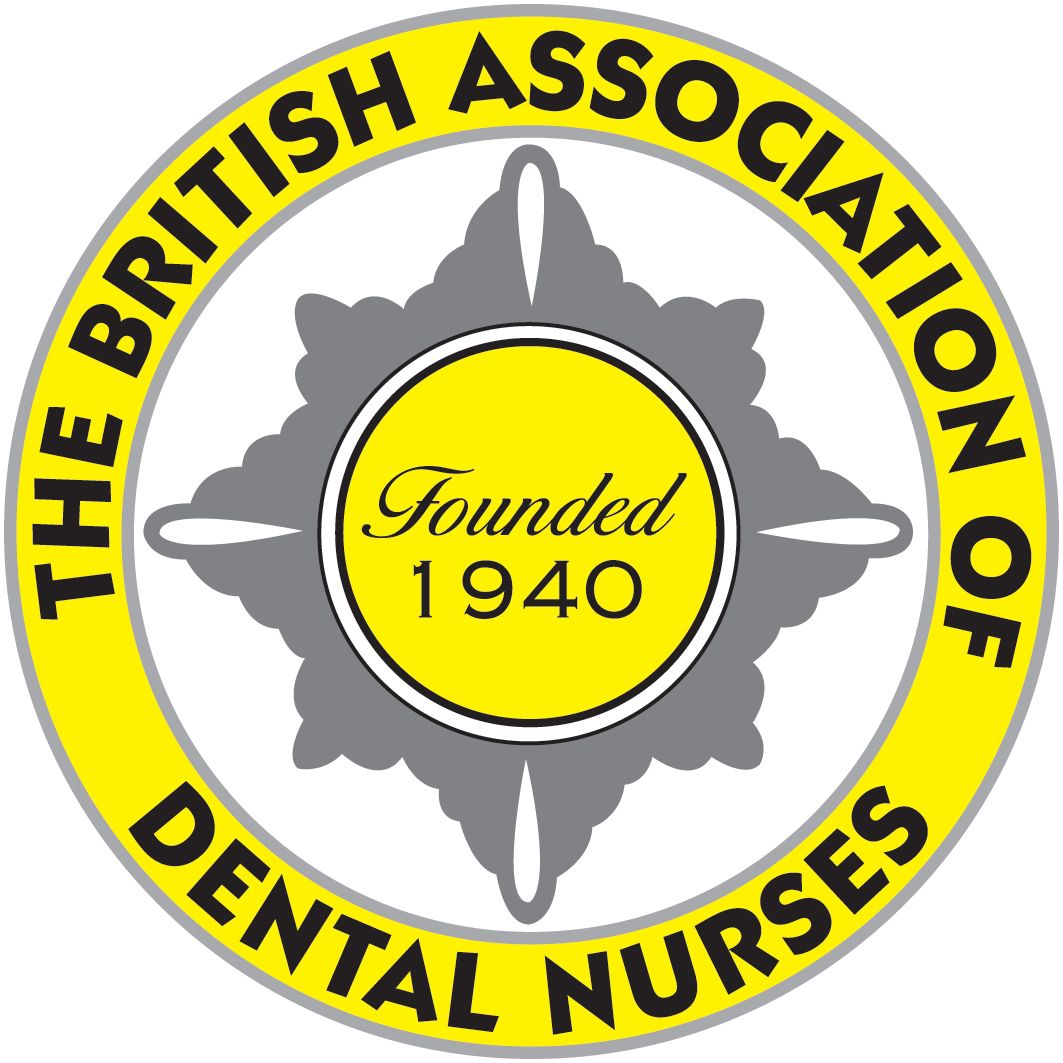
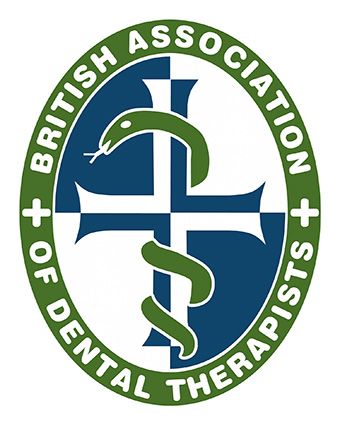
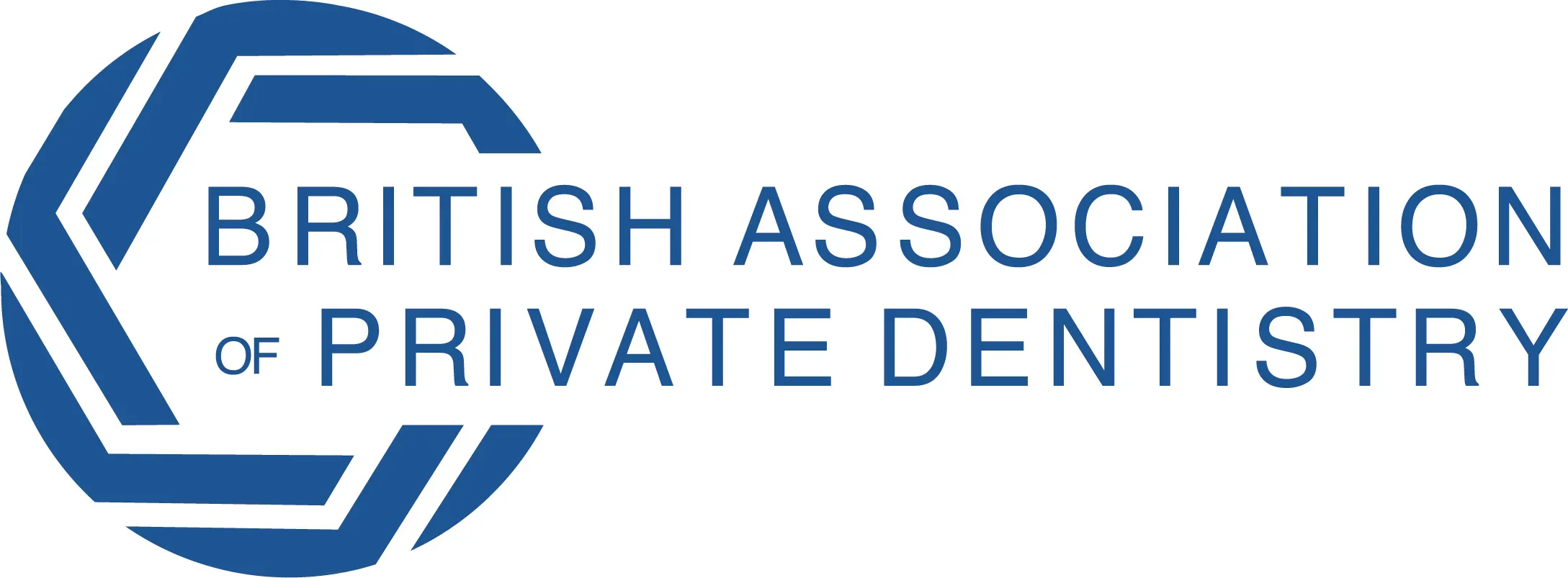
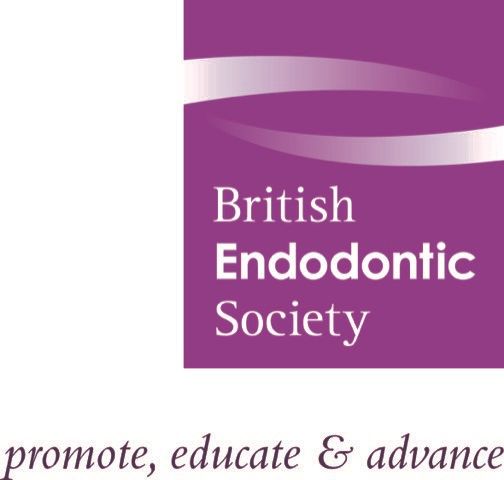
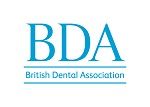
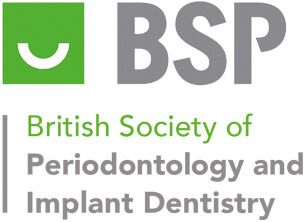
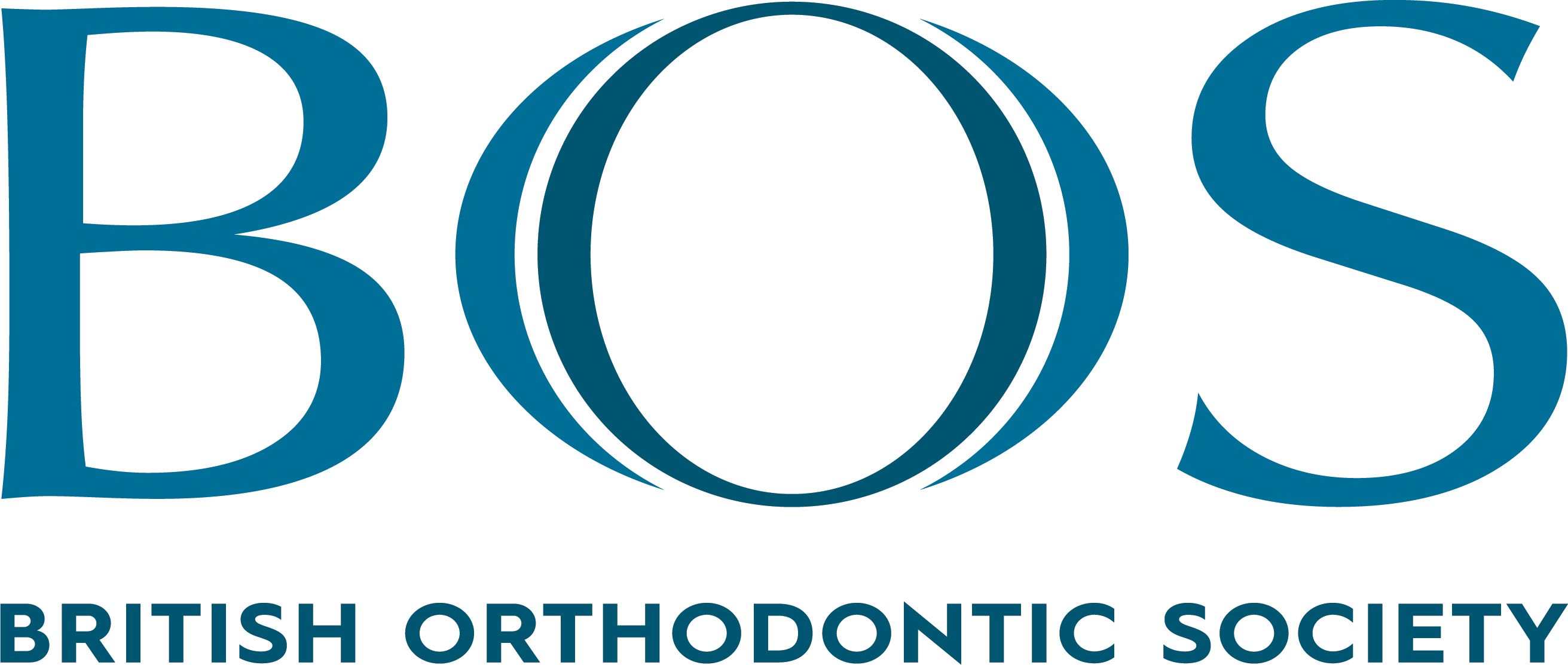

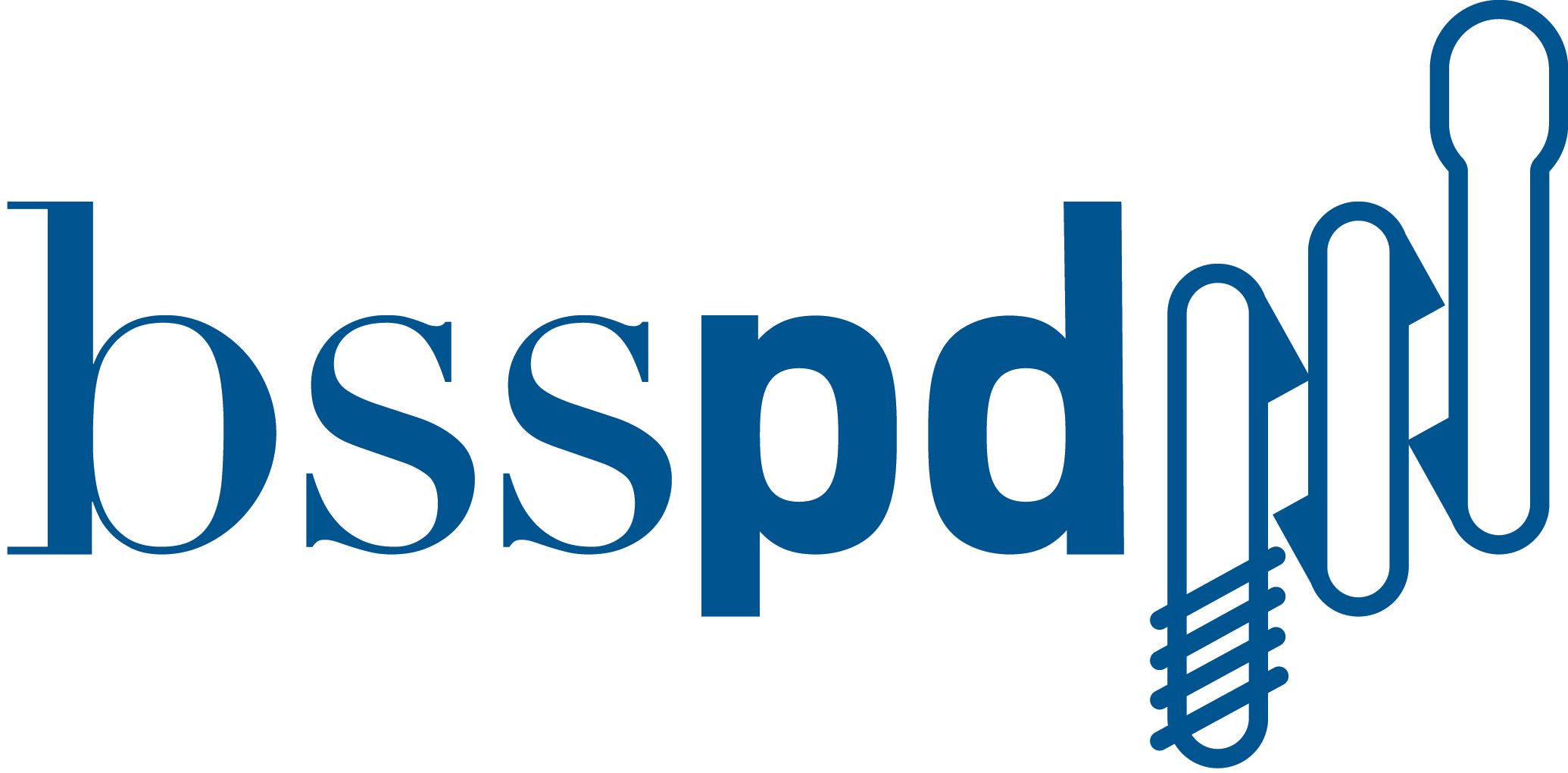
.png)
